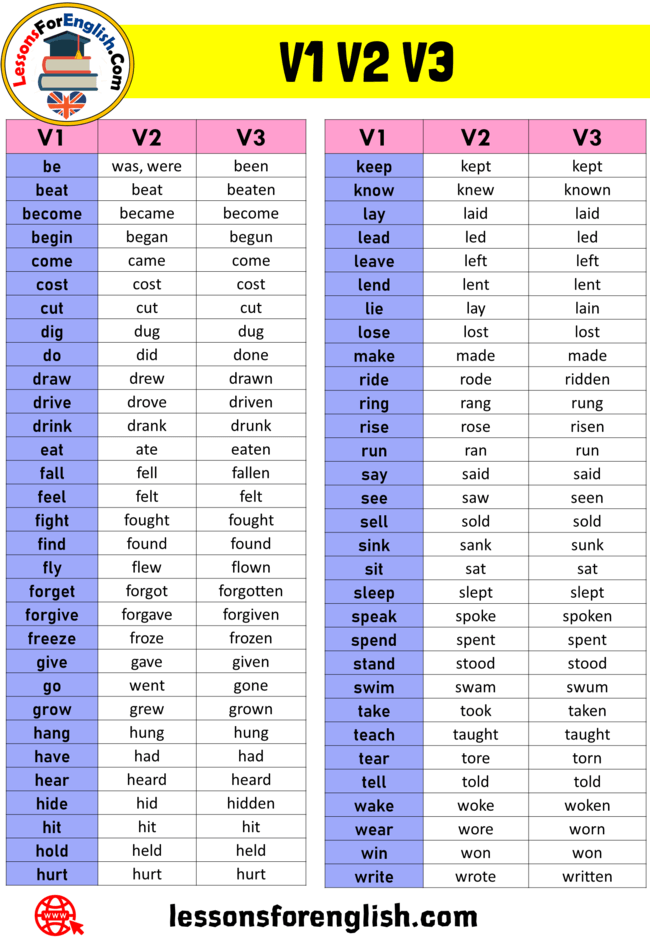
The more comfortable you get with these formations, the deeper you can go.

This is a very brief guide but for now, just focus on the Simple Past and the Past Perfect. Past Perfect Continuousįinally, we use this verb form to refer to an action that was still happening until another event occurred.Įxample, “ I had been eating chicken sandwiches from the local diner until I learned to cook on my own.” The use of the verb “had” along with the specific verb form “eaten” (which is the participle form) tells us that it’s in the past perfect. We usually use this to talk about events that have already been completed before a specified time or another event.Įxample: “ I had eaten a chicken sandwich that my mother had made for me.”

The “-ing” verb gives us the impression of an action that is happening, while the “was” means that it took place in the past.

We use this to refer to something in the past that has already happened, but as though it were still happening (usually in the context of another event).Įxample: “ I was eating a chicken sandwich when he called me.” The easiest form, we use this when the action has already happened or has been completed.Įxample: “ I ate a chicken sandwich.” Past Continuous These tenses can further be divided into four distinct forms (simple, continuous, perfect and perfect continuos). Depending on which tense we’re using, the verbs we use become modified or conjugated. This concept of tenses is reflected in the way we use verbs. Most likely, you already know that there are three tenses in English: Hold onto this because I’ll constantly refer to it while explaining the terms. This exercise is also an excellent way to learn the past tense and past participles.īefore reading further, I suggest you grab paper and a pencil to try writing down the answers to the questions I asked, in full sentences.

Well, I’m here to help you out and I promise by the time you finish reading, these concepts will be clear in your head. If you’re reading this post, chances are you’re confused about the difference between the past tense and past participles. Especially when talking about what’s happened in the past. Talking about time is pretty important in English.


 0 kommentar(er)
0 kommentar(er)
